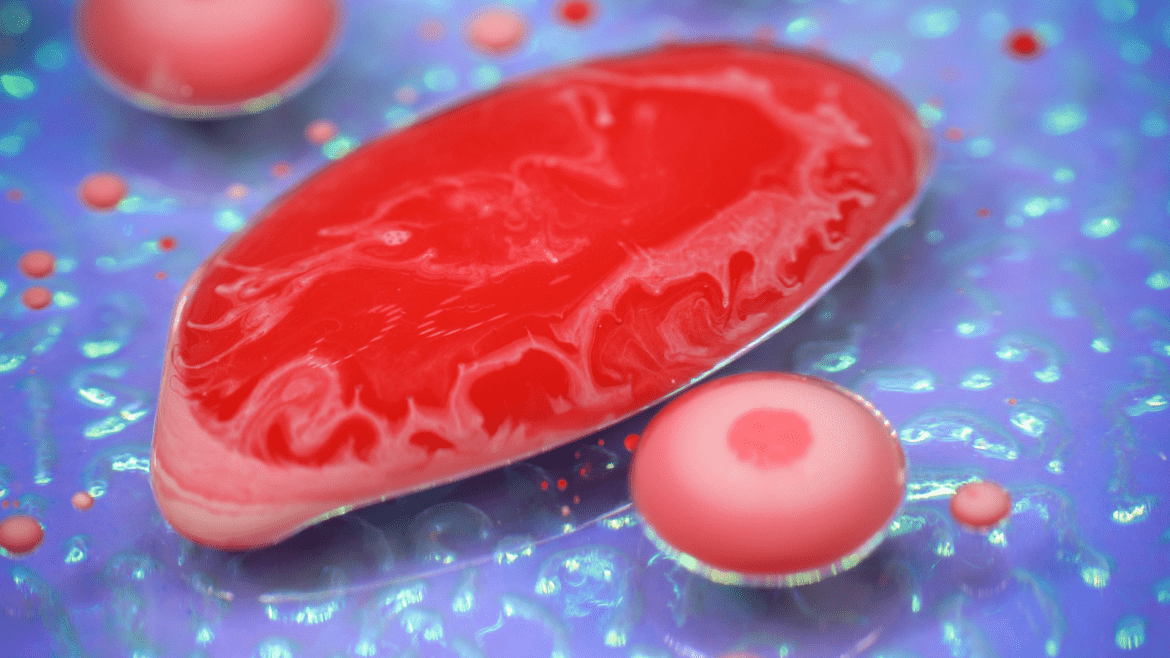Daniela Williams, 22, had planned a short visit to a family friend in Kingston from her home in Scotland. She didn’t expect to find herself at Kingston Hospital battling a sickle cell crisis. What’s worse is she did not expect the cold reception she received when she arrived.
Williams was in severe pain because of her sickle cell crisis and despite explaining her diagnosis to the hospital staff they were dismissive and cold.
Williams said: “They thought I was a drug addict looking for morphine.”
Hospital staff left Williams on a bed for over ten hours in pain before they attended to her sickle cell crisis.
This was one of many sickle cell crises Williams has experienced in her life, but one she would not forget quickly.
Williams said: “I’ve never been afraid but this time I was scared I was going to die, and I thought this was the end of my journey and I would never see my siblings again.”
Williams and her mother have filed a formal complaint against the hospital which is currently investigating their case.
A spokesperson at Kingston Hospital said: “We are aware of the Williams family’s situation and are very sorry to hear this.
“We take all feedback and complaints from our patients and service users very seriously and are already in the process of investigating the concerns the Williams family has raised. We will be writing to them directly in due course.”
What is sickle cell disease?
Sickle cell is an inherited red blood cell disorder that causes unusually shaped red blood cells, and it can be deadly. Sickle shaped red blood cells can block blood vessels. Sickle cell is a lifelong health condition.
According to the Sickle Cell Society, an organisation that advocates for sickle cell awareness, approximately 15,000 people in the UK have sickle cell and each year 300 babies are born with the disease.
It is particularly common in people with an African or Caribbean family background. Sickle cell can also cause shortness of breath, an increased risk of infection and most notably painful episodes often referred to as sickle cell crises.
Attitudes towards sickle cell patients
A report conducted by Sickle Cell Society titled No-one Is Listening found that “the role of racism is a factor in the negative attitudes towards sickle cell patients”.
Williams said she could hear nurses laughing behind the curtain at her condition as she writhed in pain.
When her mother arrived having flown in from Scotland to be with her daughter, she was met with much the same reception as her daughter had received.
Esther Idowu said: “I was ignored, told to leave and go home.”
Idowu said she overheard nurses saying: “Those junkies fake it to score pills.”
Idowu said she feared the worst for her daughter as they waited in the hospital to be attended to as the clock ticked.
She said: “The story of Evan Nathan Smith still gives me nightmares and my fear of that happening to my daughter made me start calling for help until one anaesthetic doctor came to my aid and gave her some painkillers in the middle of the night.”
Evan Nathan Smith, 21, died in April 2019 after experiencing a sickle cell crisis and being denied adequate care by the hospital after they refused to give him oxygen and did not recognise his sickle cell symptoms.
Smith died trying to call 999 in his hospital bed according to an inquest that later found that “the delay in treating Mr Smith with a timely exchange transfusion was the cause of his death.”
Idowu said she did not want her daughter to become a statistic.
When she asked for a haematologist to come and see her daughter, she was dismissed by a doctor who said that the haematologists did not need to present themselves when a sickle cell patient arrives.
When Williams was finally attended to, instead of following procedure and giving her pure oxygen as it stipulates in the Kingston Hospital Guidelines for the management of common medical emergencies that sickle cell patients should be given pure oxygen, but Williams was given nitrous oxide.
The guidelines state: “Patients with sickle cell disease should be triaged as urgent.”
Yet Williams was not attended to until hours later.
Williams was later transferred from Kingston Hospital to St George’s where she received treatment and was able to go back home to Scotland after a few days.
CEO of Sickle Cell Society John James says there is a racial bias and prejudice that can be applied to people who live with sickle cell. He said: “Sickle cell patients who attend A&E are wrongly assumed to be drug addicts because the treatment they are going to get is morphine, ketamine, and drugs you can buy over the counter.
“So, the notion of race and how that might impact the quality of care is serious.”
Williams’ sister tweeted about her ordeal and it garnered viral attention. The tweet said: “So my sister went to @KingstonHospNHS yesterday afternoon with a sickle cell crisis, wasn’t admitted until this morning and was crying due to the pain, only for a doctor to say she’s crying because she’s trying to score narcotics.”




